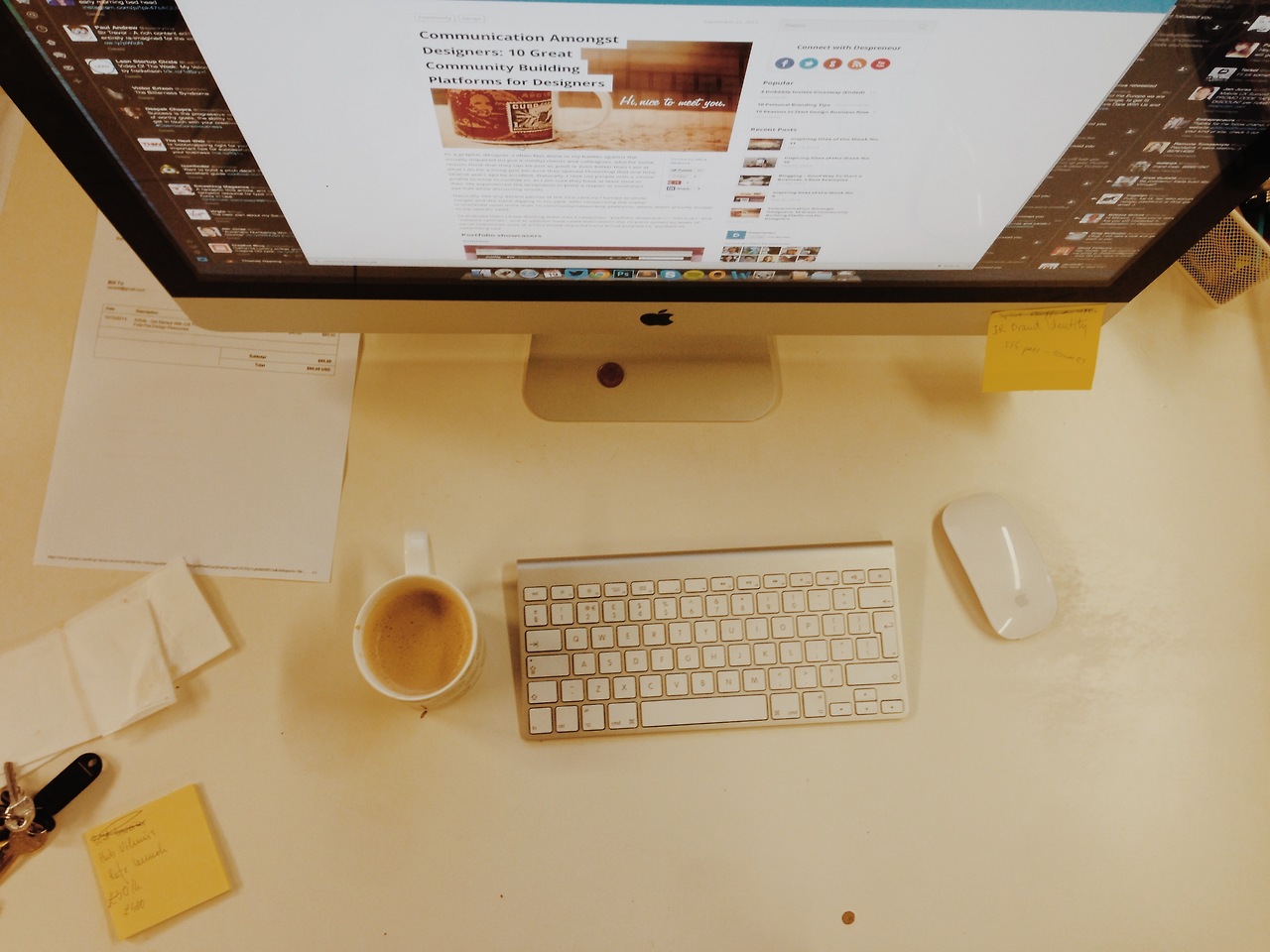
Overcoming Gender Inequality In The Workplace As A Woman
Immediately after graduation, I dove headfirst into the 9 to 5 beast, knowing very little about what to expect from co-workers and office life outside of my university incubation chamber.
It’s a shame, really. No matter what industry you are in, you will encounter gender inequality as a woman in the workplace. It’s going to be frustrating and confusing, and somehow, you’re going to have to find a way to deal with it.
Coming from a small liberal arts college in the Northeast, gender inequality or discrimination in the workplace was not a topic that was heavily touched on during my education. Though my corporate communication classes touched on many Human Resources topics, the impact of gender in the work environment took a backseat to more taboo discriminations, such as race or religion. Having worked at numerous internships before graduation, I thought I was getting ‘real world experience’ – whatever that means. Now, years later, I realize that interning as a student can be an immersive, but still disconnected experience as someone who is not yet on the same level as others in the office. It can be hard to really get a feel for what working in that industry will be like when you join up as a full-timer.
Immediately after graduation, I dove headfirst into the 9 to 5 beast, knowing very little about what to expect from co-workers and office life outside of my university incubation chamber. My impression was that as a newly minted, real-life human being, an official graduated contributing member of society, I would be welcomed as an equal into the corporate world. A few short weeks into my first real job, I found myself grappling with the realization that the level of equality was certainly not quite as equivalent as I thought it would be.
Most of my career experience lies in media, design and marketing; industries that are teeming with women. Personally, I have yet to experience much gender discrimination apart from the occasional snide remark by a male colleague and likely few less bucks in the salary department. There are other women out there who cope daily with more extreme obstacles, just because they were born with fun-bags rather than ball-sacks.
We can point fingers all day. The gender inequality blame-game can lead anywhere from corporations to individuals to society as a whole, and it can be infuriating. Though it may all be part of a bigger societal problem, as women we must figure out a way to appropriately address it on an individual level as it applies to our specific situation. Often, the choice is to either to just deal with it or be unemployed. I am passionate about my work and love what I do, so I put myself into the “deal with it” camp.
Now begs the question, how do you deal with gender discrimination in your career? We can’t all be vocal feminists in the workplace, at the risk of losing a job we love or even worse, the paycheck that keeps our leaky apartment roof over our heads. There can be a thin line to tread between keeping gender discrimination in check and keeping your career. This is a problem for which there is no easy one-woman-against-the-world solution. For the most part, the way I have personally chosen to approach any issues I face has been through my actions, and not my words. I’ve found that allowing your dedication to your craft to be your identifier is a great step toward overcoming many obstacles.
Be ambitious. Remain passionate. Take risks. Know your craft better than anyone else. Work hard; and when you feel burnt out, regroup and work harder. Show up first; leave last. Don’t lose sight of the magical thing about what you do that made you want to do it in the first place. Look for a mentor who will be your champion and confidant. Let your work speak for itself and let its quality demand respect.
Most importantly, keep in mind that even all of that will not be a complete solution.
I’m not an expert on gender issues or feminism. There are many different views on this topic and about what should be done, from corporate approaches to what we can do as individuals. This is just the approach that I have developed for myself; it works best for me and I find it most comfortable. I think everyone has to ask themselves how they, as an individual, feel about any gender inequality they may face, and figure out what will work best for them to address it in a way that they feel comfortable. Some people will choose to remain subtle, while others might prefer a more outspoken approach.
You can argue that my tactics are not an effective way to combat gender inequality; to that I say, at the very least it can’t hurt. If you are personable, passionate and do great work, people will notice and respect you for it, regardless of what set of naughty bits you’re hiding under your Levis. ![]()











